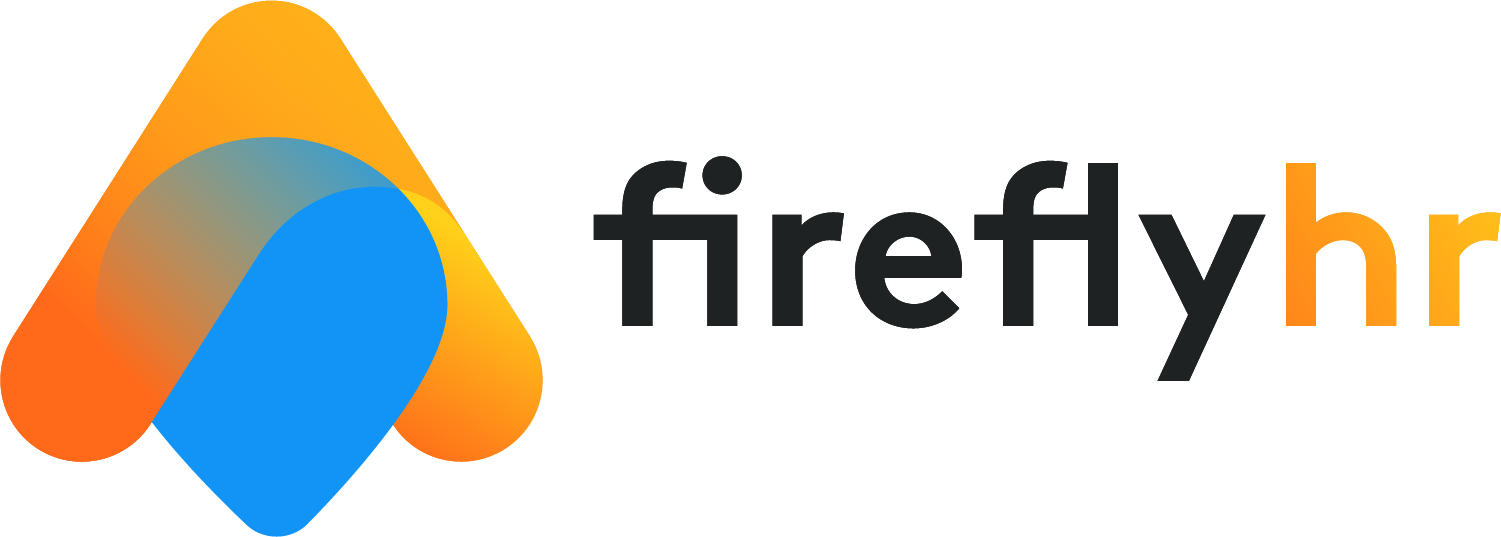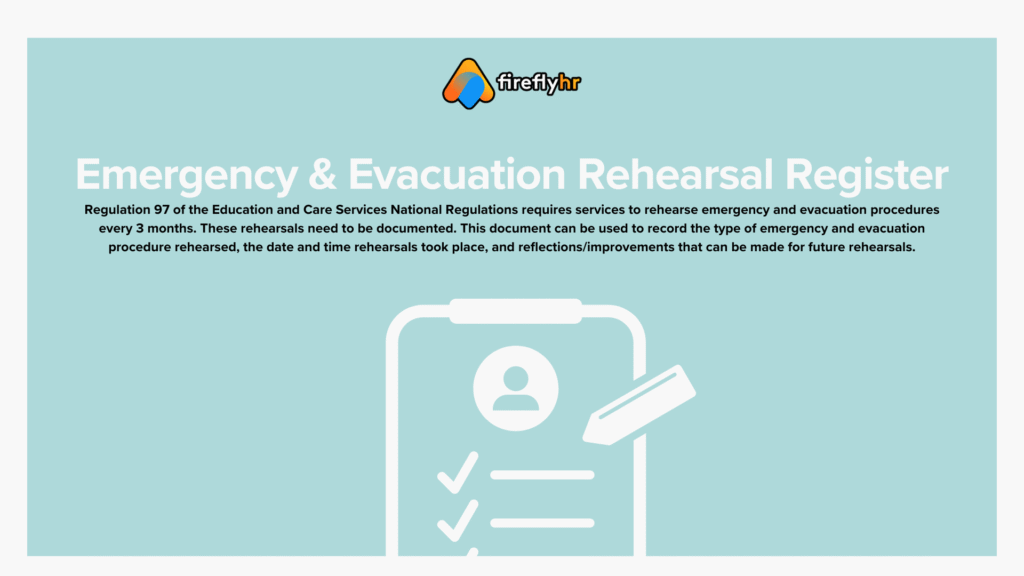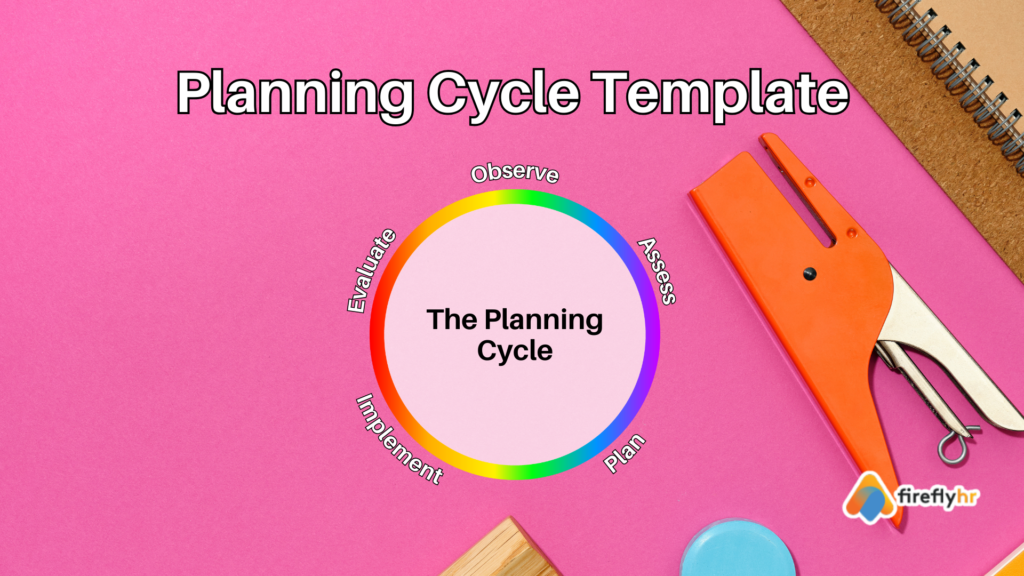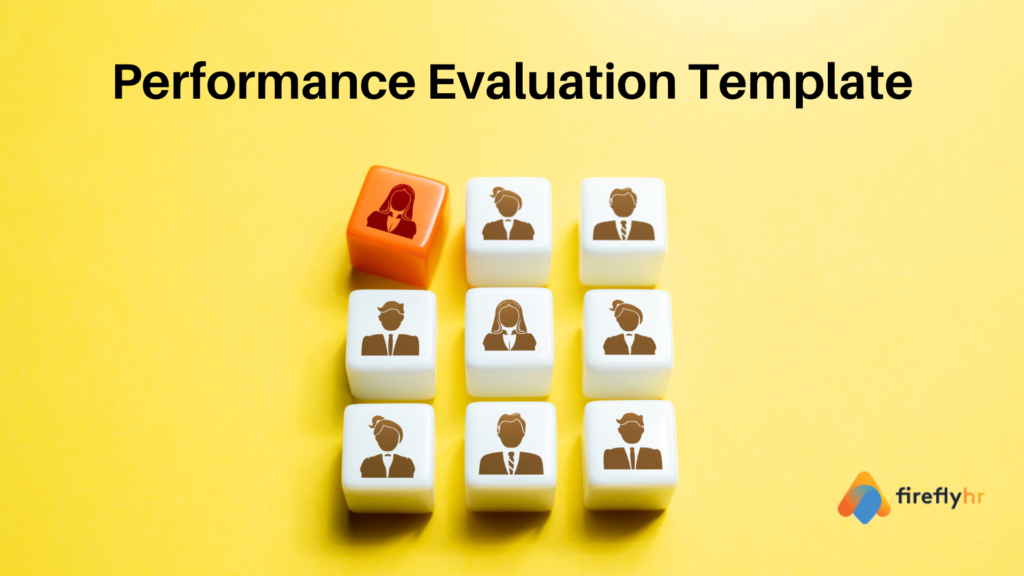We have seen a lot of resumes, over 7000, all of which are so different. From all of this though, we have seen what to include in your resume for a position in education and care such as OSHC and ECE – or other child facing positions (and perhaps what to leave out).

Personal Statement / Personal Educational Philosophy: This can be a simple sentence, paragraph, mindmap (for the creatives perhaps) or a diagram. But it is your why – why do you do what you do? What do you want to get out of your work life? For many of us in the education and care space, it is something revolving around children – whether that be to be a positive role model, foster connectedness, create lasting positive change, instil some form of education or perspective (perhaps you are a passionate playworker looking to revolutionise this area in a service, or sustainability advocate, or wanting to transform the wellbeing of others whether that be other educators and / or children). I always recommend this area and at the start of a resume – it is to catch the employer in with your why and to keep reading more about you.
LinkedIn: I always recommend this to educators and other professionals. Jump on LinkedIn! Many of us are not on it and it is a great place to start. It can be used as a digital resume profile to help employers verify your experience and who you are professionally. Include your profile link on your resume and help point the employer in the right direction. LinkedIn is also a great way to network with other educators, recruiters and service leaders and keep up with trends in the profession and changes.
Social Media: Similar to the above, be conscious of what you have publicly viewable on social media. There is an option on Facebook to view what others can see when they visit your page. If your page is not private, have a think of what others can see – would it affect you getting a position?

Change: Have you had the same resume for the last 10 years? Perhaps it is time for an update! Give it a fresh new look, start from scratch and write it again with a more current & relevant perspective instead of just adding your most recent position. How can you show your personality and personal philosophy through your resume? Maybe you will include some pops of colour, a photo of yourself or a philosophy statement (as stated in the first point).
Relevance: Is your resume still relevant? Ensure your resume is relevant to the position you are applying for. I remember having two separate resumes pending which type of position I was applying for as I did not want all my experience all on one (two different industries). If you finished high school 10 years ago perhaps it is not relevant to include high school related experience & subjects for example.
Layout: There are some cool (& free!) templates out there. Have a google or check out some of the templates on Word. What is making you stand out from the other resumes? It is really important to showcase you, your personality and your philosophy. Don’t make it complicated, keep it simple and of course and relevant to the position applied for!
Spelling: This seems obvious but is by far one of the biggest items we come across. Do a spell check before sending your resume off to an employer. Send your resume to a friend or family member to have a look over for some fresh eyes. But please double check the spelling and grammar. Employers see this straight away and it can show a lack of attention to detail (which is often needed in our line of work).

Date order: We recommend listing your most recent experience first and working your way backwards. Often it is your most recent experience that is the relevant experience that an employer will be looking for, so putting that early on in your resume works best.
Effort: Do you submit the exact same resume to each job you apply for? A personal touch can always be seen and is often missing. Employers can tell if you have put in effort applying for the position. Have you tailored the content for the position? Have you tweaked the summary? Have you made sure to include all that is suited to the position applied for? You could include reference to the specific company, perhaps comment on the companies philosophy and how it is aligned with yours.
Cover Letter: Cover letters are a yes or no pending who you talk to if they are still needed or not. I’m always advocating for a cover letter, especially if the content isn’t in the resume. It is a way for you to use the job advertisement criteria and write how you match that specific criteria. It’s an extra chance for you to impress an employer and show that effort again.
What would you want? It helps to think of if you were on the other side and hiring – what would you want to see from an applicant?
Length: I’ve seen amazing resumes that are only one page, so it can be done. Resumes tend to be best between 1-3 pages and avoid going over that. You can have a brief one and then another document ready to submit with further information if needed. You can control the length by ensuring you tailor resumes to positions applied for and only including the information needed.
References: If you include references in your resume, ensure the reference is relevant and provide information on who they are (how they know you, position, workplace) and include a current phone number and email address. Do not forget, if you are having your references checked – to let your references know prior to including them. This is a must!
Accuracy: Slightly different to spelling and equally as important, ensure your references are accurate. Are the course codes correct, have you made reference to NQF/ NQS / MTOP correctly, is ACECQA spelt correctly? This is another area we commonly see errors and many employers will question your knowledge when they this. Make sure your accurate with your times at positions and when you worked there if listed (also recommend listing), any error here can too make an employer question your integrity.
Keywords: Are you including the industry language in your resume? Some of the ones mentioned above are great to include and should be included, but in the right context. You want to make sure the employer knows you have the knowledge to fulfill the position applied for.
Knowledge: Help show an employer your knowledge by staying up to date on industry news, changes & practices. Including professional development attended and making sure to attend professional development regularly shows you are passionate and eager to learn. You don’t have to wait for your employer to send you, there is plenty of free professional development or low cost sessions you can do, including through Firefly HR!! Check out our Think Tanks, seminars & free Podcast.
Child Safeguarding: As we work in a profession that is working with some of our most vulnerable, what have you included in your resume that shows your dedication and understanding of this area and knowledge of the Child Safe Standards / National Principles? Have you attended any additional training in this area (outside the required accredited child protection course)? Have you looked in to others that offer support in this area? Especially free? For those of you reading this and in NSW, The Office of the Children’s Guardian provides free resources, webinars and in person training.






